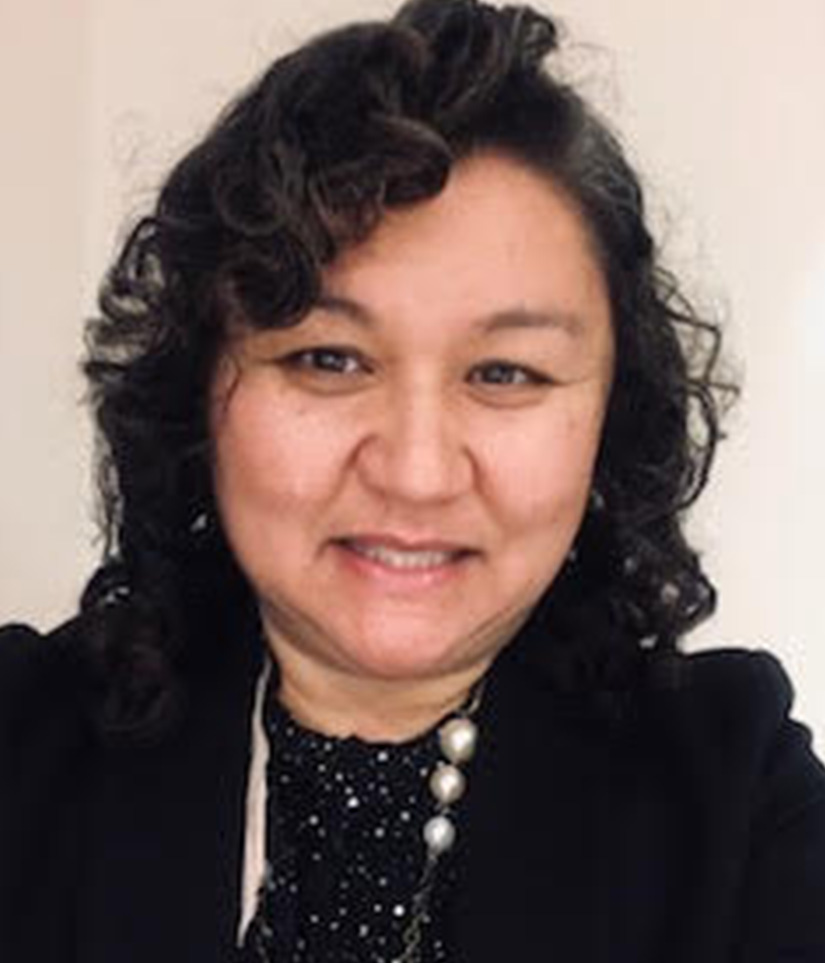Student Profile: Katy W.

Katy W. was working as a behavioral health manager at Asian Health Services when the agency switched from in-person to telehealth patient care. The president recommended she and a coworker learn additional skills by earning a telehealth certificate offered through Futuro Health— and Katy was thrilled to upskill in her career.
In January 2021, Katy signed up for Futuro Health’s online, tuition-free Advanced Telehealth Coordinator Certificate Program, where she trained for 15 weeks in the practical, technical, and business aspects of delivering telehealth services. Katy had prior experience with online courses after completing her master’s in social work, so she quickly adapted to the self-paced comprehensive instruction.
“Online makes it a lot easier to manage. It’s very doable for a full-time working person,” Katy says.
When she began the program, Katy was unfamiliar with the evolution of telehealth services worldwide, which began in the early 1900s. She learned that as technology improved, healthcare providers made new advances in their telehealth approach. Then the pandemic, which caused many areas of healthcare to suffer, opened the doors to the innovation the industry needed.
“The pandemic changed how we think about delivering patient care services,” says Katy, who notes that Futuro Health’s program helped her organization to develop a complete understanding of telehealth communications and staff optimization. “It wasn’t an obstacle — it was a breakthrough.”
Before implementing telehealth services in their program, Asian Life Services conducted 120 in-person services per month with an eleven percent no-show rate. Now the provider averages between 200-250 services per week and has decreased its no-show rate to four percent, which is welcome news to the patients and the staff.
“Our staff prefers providing telehealth services because it’s convenient not only for them but for our patients too,” Katy explains.
Katy will continue utilizing the knowledge from the Telehealth Coordinator Certificate to address issues in access to critical care for underserved geographic locations with a shortage of providers. A passionate advocate for behavioral health, Katy hopes to become a licensed clinical social worker to serve her community.
